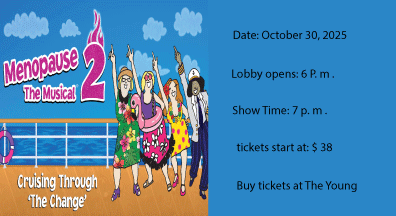Kids find their forever friends
‘A Doll Like Me’ CEO brings inclusive message to UW-W campus
November 4, 2019
For many, like ‘A Doll Like Me’ CEO Amy Jandrisevits and her children, picking out a toy at the store has always been an exciting part of childhood.
But for some, specifically those with physical differences, the process is not always so cut and dry.
According to Jandrisevits, these children have a much harder time when picking out a new plaything because their differences aren’t usually reflected in the typical toy.
But it was this drive for inclusivity that led her to start a ‘Doll Like Me’, a business run entirely by Jandrisevits that focuses on finding a friend for every child – no matter their difference.
Since beginning five years ago, Jandrisevits has created 400 different dolls for 400 different and unique children, each with their own special story to tell.
Through the dolls that she creates, children are able to see themselves for the first time – something that Jandrisevits believes to be extremely important for their self esteem and peace of mind as they grow up.
“Five years ago, if you did a search for dolls with limb differences, some of the images are horrifying,” said Jandrisevits.
“And I think as a parent, I don’t want to see it, and I certainly wouldn’t want them to. I wouldn’t want my kid to know, that’s how people see you. It kind of just fills a need.”
Creating all of these dolls can be extremely hectic, and Jandrisevits has so many different requests from families that it’s impossible to get to them all at once.
Still, Jandrisevits finds the process well worth it when making a doll for a child can make such a huge difference in their life – just like it did for children like Hayden, Cameron and Sloan.
And because of her overall message of inclusion and hope, the UW-Whitewater Disability Rights, Education, Activism and Mentoring (DREAM) organization on campus felt that bringing her to campus to share her story was just as important.
For the DREAM organization itself, the message of continuing the fight for inclusion rang especially true.
“Her talk reminded us why our organization is so important,” said Alissa Mautz, vice president for the DREAM organization.
“There are still so many things that folks with disabilities and other differences need to fight for.”












